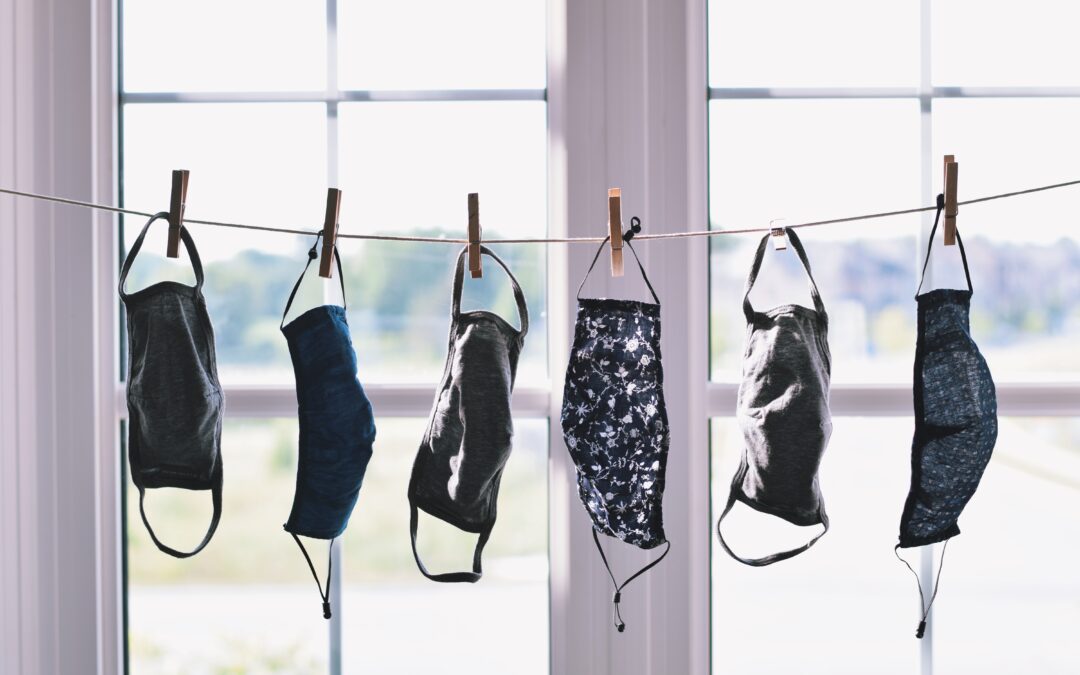The CDC is recommending each person to wear cloth face coverings when going out in public or to places where it’s difficult to maintain 6 feet of social distancing. The surgeon general even released a video demonstrating how to fashion a quick face mask out of some cloth and rubber bands.
But what’s the science behind fabric masks? Especially anything that is homemade?
Fabric masks will not filter out very tiny nanoparticles the way that N95 masks can, but they are still able to offer protection against airborne viruses in droplets. COVID-19 is found on surfaces as well as within droplets from a cough or a sneeze. These droplets are large enough to be trapped by the weave of fabric.
Of course, every fabric has a different type of weave, some threads are spaced out further apart than others. This means the effectiveness to trap airborne virus droplets will vary depending on the type of weave. However, if the weave it tight, fabric masks could be comparable to some surgical masks.
IMPORTANT: each time you wear a fabric mask, ensure that it is clean! Do no reuse a mask without first washing it!
Although research is slim on the proper disinfection procedures for fabric masks, it does show that the SARS virus was inactivated by using high heat and detergent. Using the same wisdom, fabric masks should be run through a hot wash using laundry detergent. This can be a thorough hand-washing rather than having to use the washing machine every day.
People might touch their faces more often when they’re wearing a mask. To avoid possibly transmitting the virus from your hands to your face, be sure to wash your hands before andafter adjusting your mask.
The bottom line is that fabric face masks are simply another barrier we can use to help protect ourselves and others from COVID-19. Masks are not the one-stop answer and they can be used improperly if we aren’t mindful of washing them. The best defense against COVID-19 is social distancing. Since the virus cannot exist outside of a living cell, maintaining distance between people prevents any free-flying cough droplets from landing on others. When these droplets land on surfaces, they can last for several days. This is why it’s imperative to disinfect surfaces regularly. Disinfecting, social distancing, and wearing fabric masks are all ways to do our part in slowing the spread of COVID-19.

